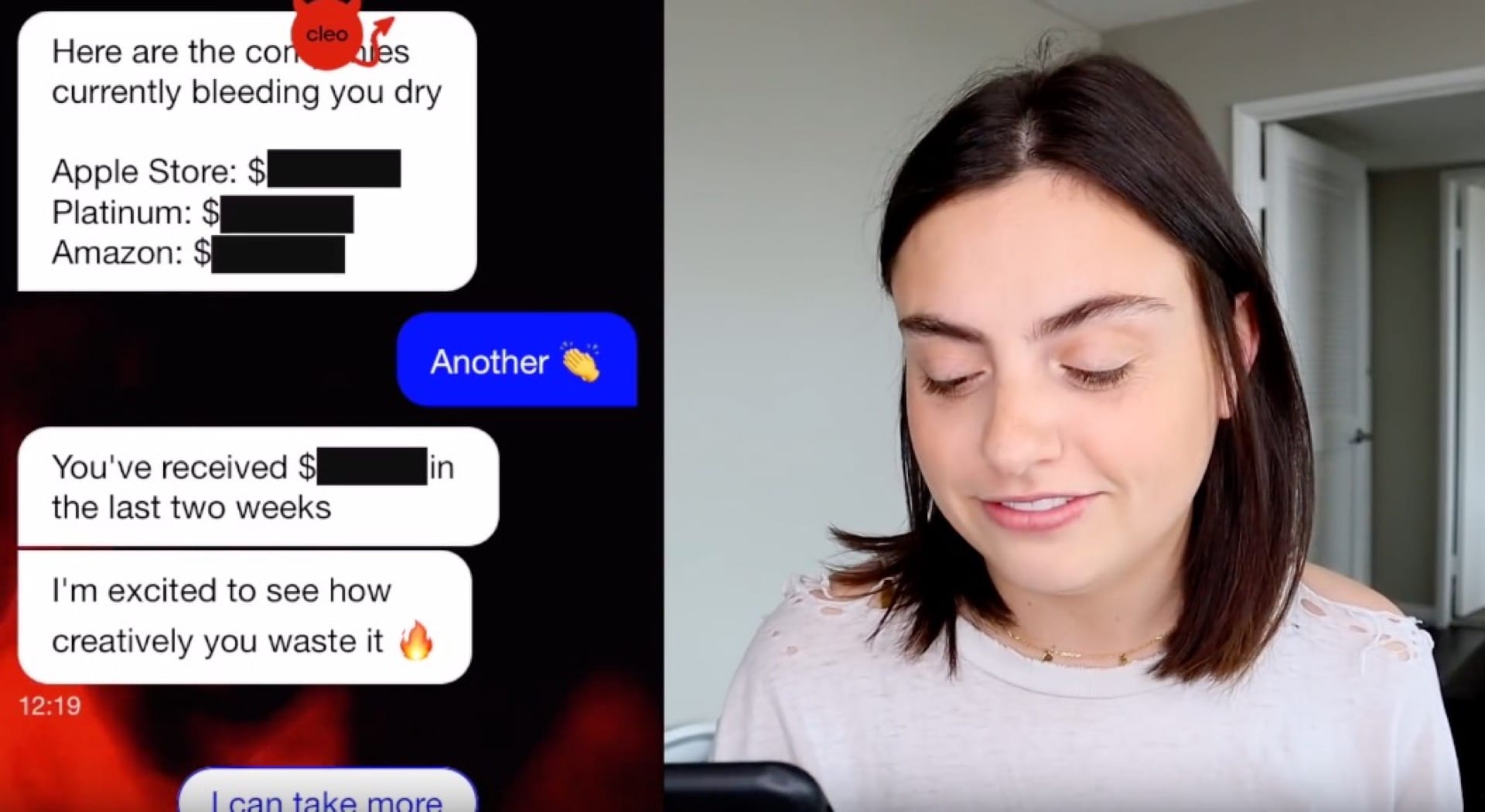
Making Amy Ordman delete Postmates
Making Amy Ordman delete Postmates
This is some text inside of a div block with Cleo CTA
CTASigning up takes 2 minutes. Scan this QR code to send the app to your phone.

Stop keeping poor women poor
.png)
For the last 50 years, women across America have had the right to choose abortion.
Now that’s not to say they haven’t had their challenges. From making the decision to actually accessing abortion services—some women have it harder than others.
The United States has one of the highest rates of unintended pregnancies among many other developed countries. About half of all U.S. pregnancies (over 3 million a year) are unintended.
And the unintended pregnancy rate for poor women is 5 times higher than for high-income women.
That’s because contraceptive access is not as accessible for some.
♀️Over 19 million women in the U.S. need publicly-funded contraceptives
♀️ 10.3 million women are uninsured
♀️ 1.2 million women live in a county with not a single health center offering contraceptives
This discrepancy is particularly experienced by black women, who are twice as likely to have unintended pregnancies than white women.
Literally, mind-blowing.
So when women who are already living in poverty become pregnant, sometimes the choice is not whether they want to have a child, but whether they can afford to have a child.
It isn’t a choice women make lightly. And it’s a choice made entirely more difficult based on what state you live in.
Access to abortion in America varies wildly. States like West Virginia and Missouri only have one clinic each, whereas Washington D.C, California, and Maine have the highest population to provider rates.
But despite the difficulty of access for some, the liberty to decide for yourself has been a right lawfully protected by the Supreme Court for the last 50 years.
Until now…
If you haven’t seen it all over the news, or Instagram, or Tiktok, or Twitter, the woman’s right to choose is being fucked with.
In a draft opinion, The Supreme Court has voted to overturn Roe v. Wade—the monumental case from 1973 that set the precedence for abortion rights across America.
If Roe v. Wade is overturned, each state could enact its own laws restricting or banning abortion.
And some have already started…
Arkansas, Idaho, Kentucky, Louisiana, Mississippi, Missouri, North Dakota, Oklahoma, South Dakota, Tennessee, Texas, Utah, and Wyoming to be exact.
These 13 states have already imposed “trigger laws” that would go into effect if Roe v. Wade is overturned.
So what does this mean?
It likely means the country’s high unintended pregnancy rate will continue to rise—keeping poor women poor, unable to make important personal decisions for themselves, decisions that could impact the economic trajectory of the rest of their lives.
Because let’s be real here.
Women with money will always be able to travel out of state to access abortion services.
It’s the women without money who will reap the consequences of the country’s failed reproductive health services.

Making Amy Ordman delete Postmates

Navigating the Financial World as an LGBTQ+ Individual

Manifesting our dream house on Sunset Boulevard while we cry broke people tears

